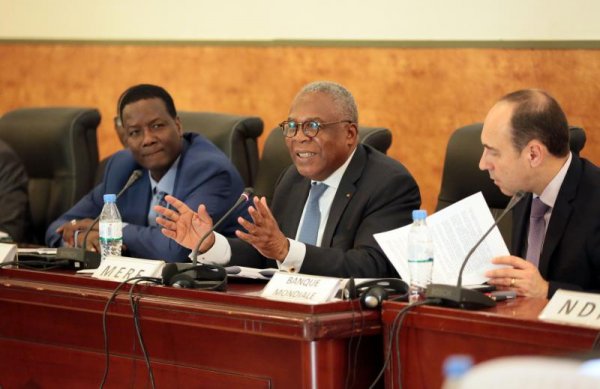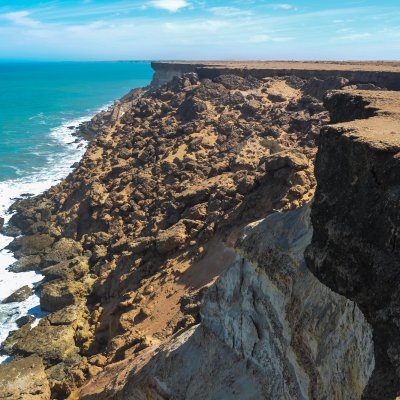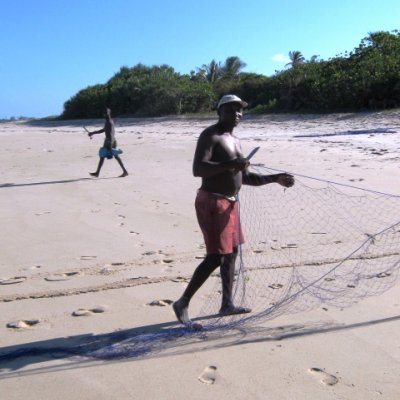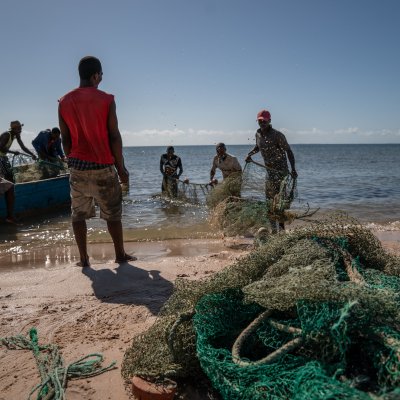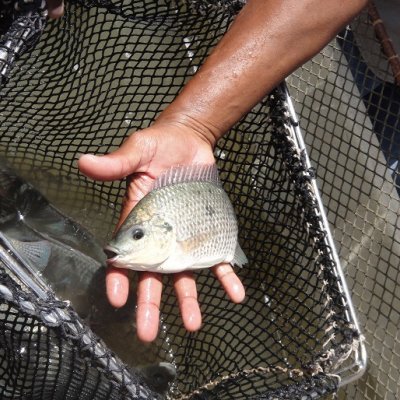West Africa Coastal Erosion Project launched in Togo
The regional platform will bring together expertise and funding to manage the West African coastline.
The coastal area of West Africa is home to 31% of the West African population and produces 56% of the sub-region’s GDP. However, today countries are facing increasing risks of coastal erosion, flooding, salinisation of land and coastal waters, as well as depletion of fish stocks- all manifestations that threaten their people and their economic livelihood.
These impacts, which are accelerated by climate change, have already been highlighted at several ministerial conferences. In response to the alarming observation of the huge economic and social costs of the coastline mobility, the World Bank and the West African Economic and Monetary Union (WAEMU) have been implementing West Africa Coastal Area Erosion and Adaptation Program (WACA) with financial support from the Nordic Development Fund since 2015. The International Union for Conservation of Nature (IUCN) has been entrusted by the WAEMU execution of the first activities. This collaboration was endorsed during a side-event dedicated to the coastal risk in West Africa during the 21st Conference of Parties in Paris.
The program has been designed to function as a regional platform where countries can find the expertise and the funding they need to manage their coast sustainably. It aims at addressing the technical, economic and institutional factors in order to reinforce the regional and national governance in target countries and enhance their knowledge base on coastal erosion, floods and other climate change - related risks. It will also serve as the first building block for future technical assistance and investments for the West African coastal area. The NDF-financed activities in the first four countries involved- Benin, Ghana, Ivory Coast and Togo- will help define engagement modalities of the program on the larger West African scale.
In this context, the WAEMU organised an official launch workshop in October 2016 for the erosion and adaptation project in the coastal areas of West Africa. The workshop took stock of the main cross-sectoral issues at the local, regional and international scales, presented the main axes and intervention modalities and examined the prospects of WACA for the benefit of coastal countries of the region.
More than 60 institutional, technical and financial partners participated in the workshop, including the Nordic Development Fund (NDF), the World Bank, the International Union for Conservation of Nature and Natural Resources (IUCN), the West African Economic and Monetary Union (UEMOA), the Economic Community for West African States, the Convention for Cooperation in the Protection, Management and Development of the Marine and Coastal Environment of the Atlantic Coast of the West, Central and Southern Africa Region (Abidjan Convention), the United Nations Environment Program (UNEP), and the African Development Bank (AfDB).
The workshop was followed by a meeting of ministers and representatives of environment and other ministries from Benin, Ghana, Ivory Coast, Mauritania, Nigeria, and Togo.
More information:
The World Bank: Erosion and Adaptation Project in West Africa Coastal Area: Inception Workshop
The World Bank: West Africa Coastal Areas Management Program

